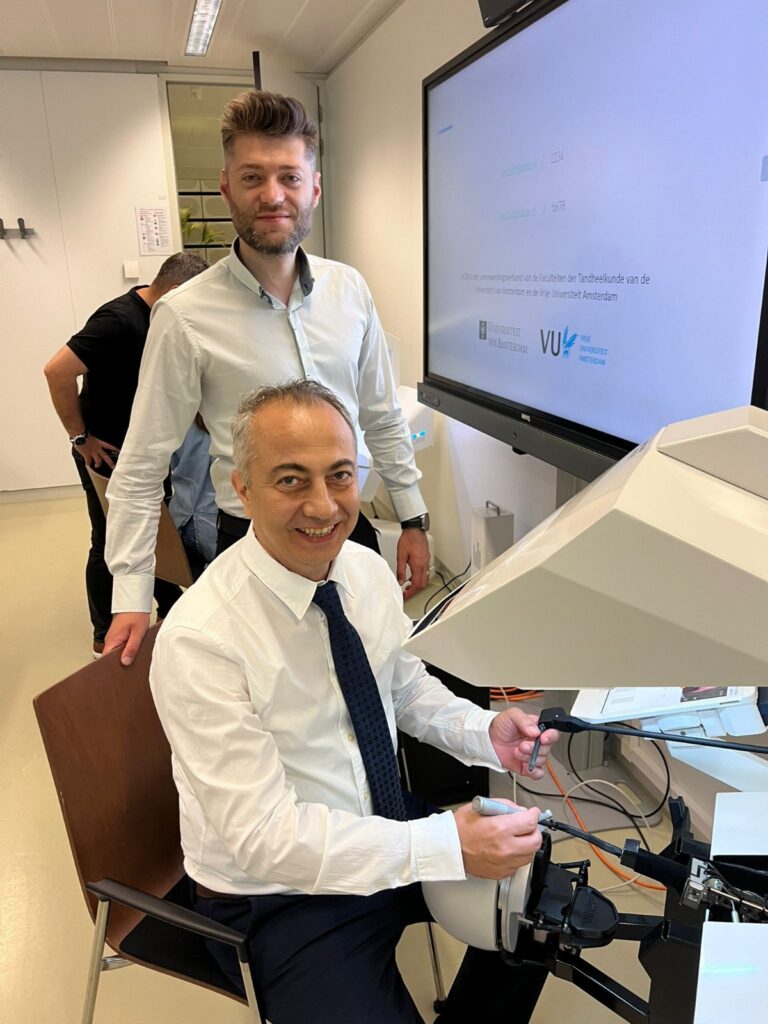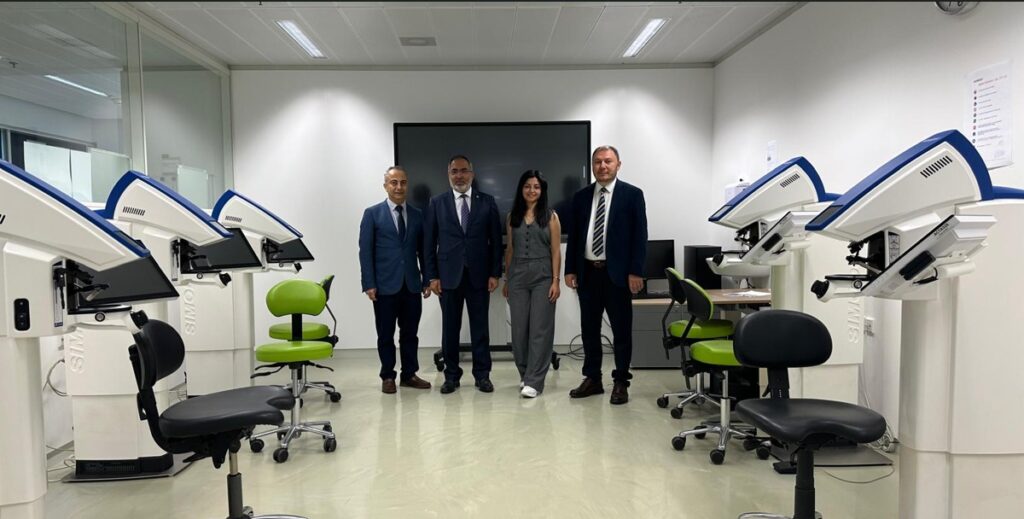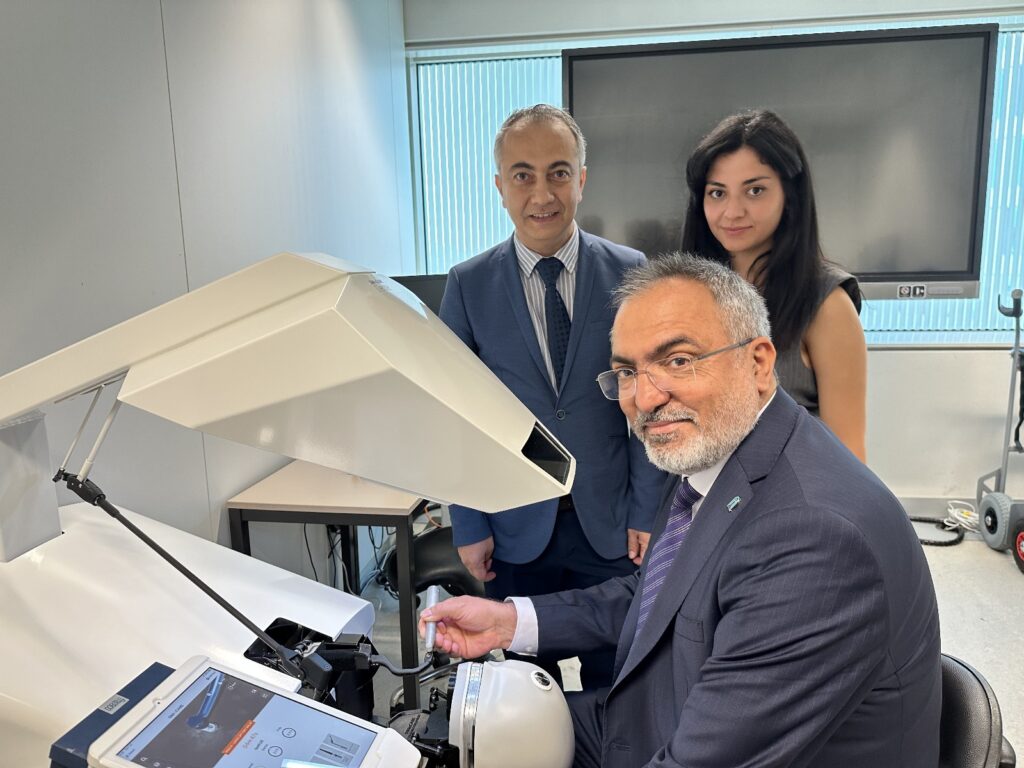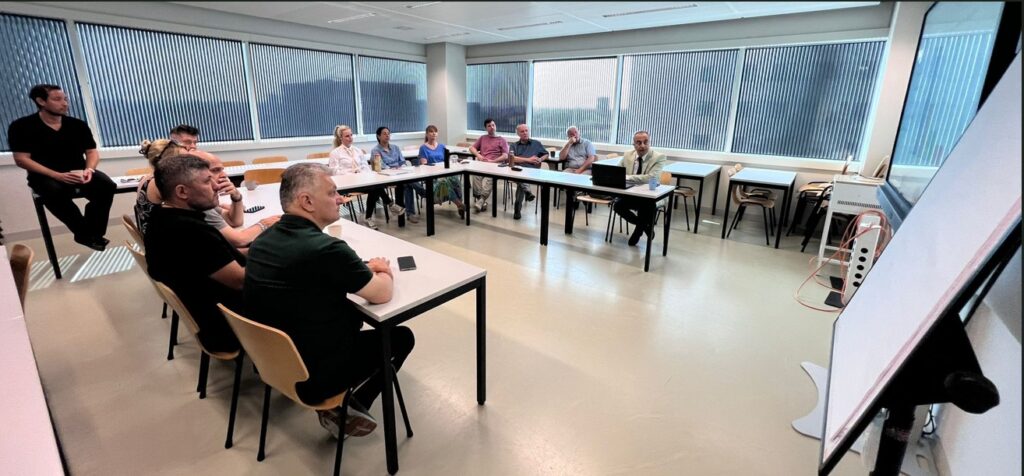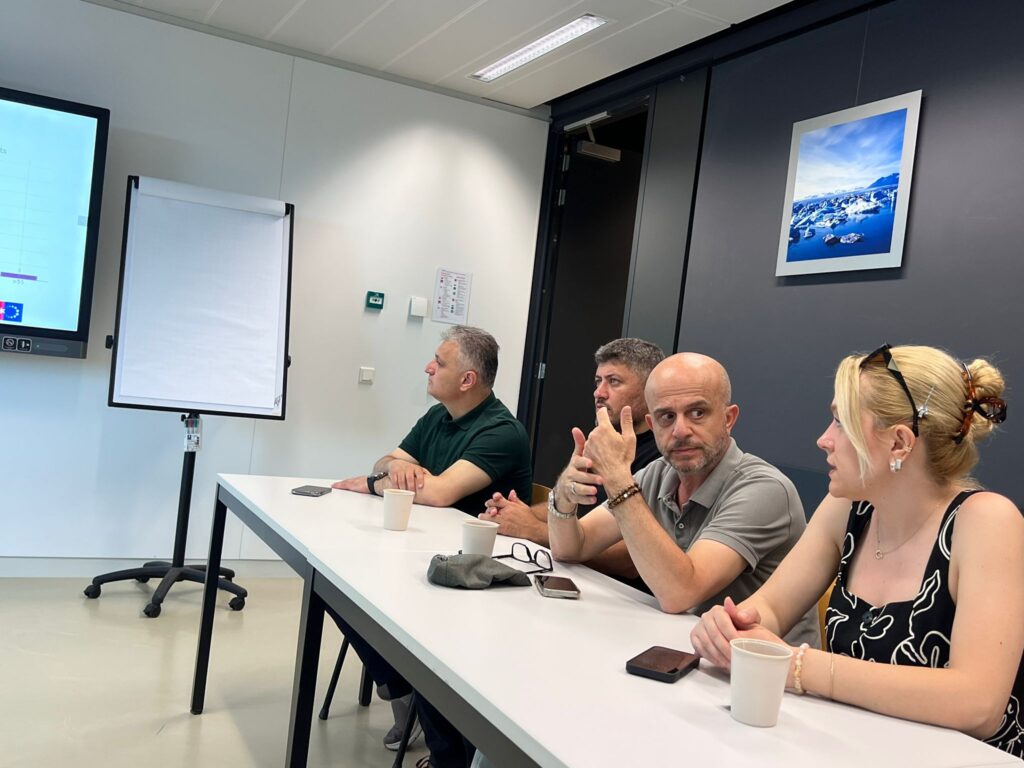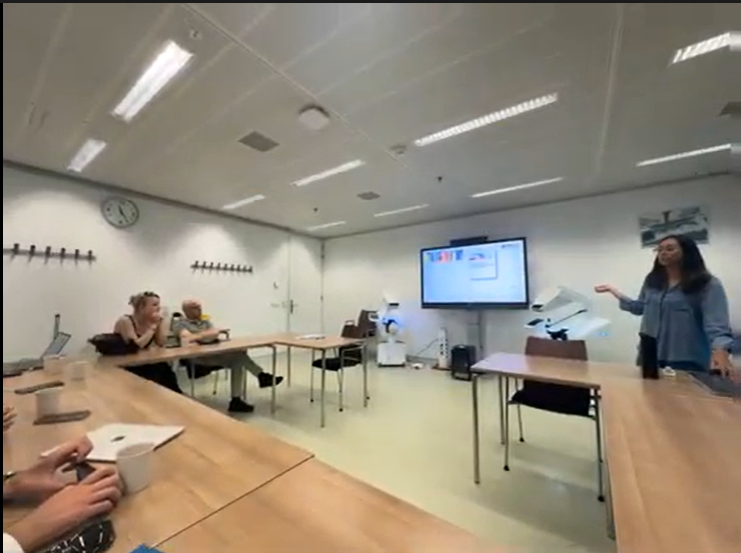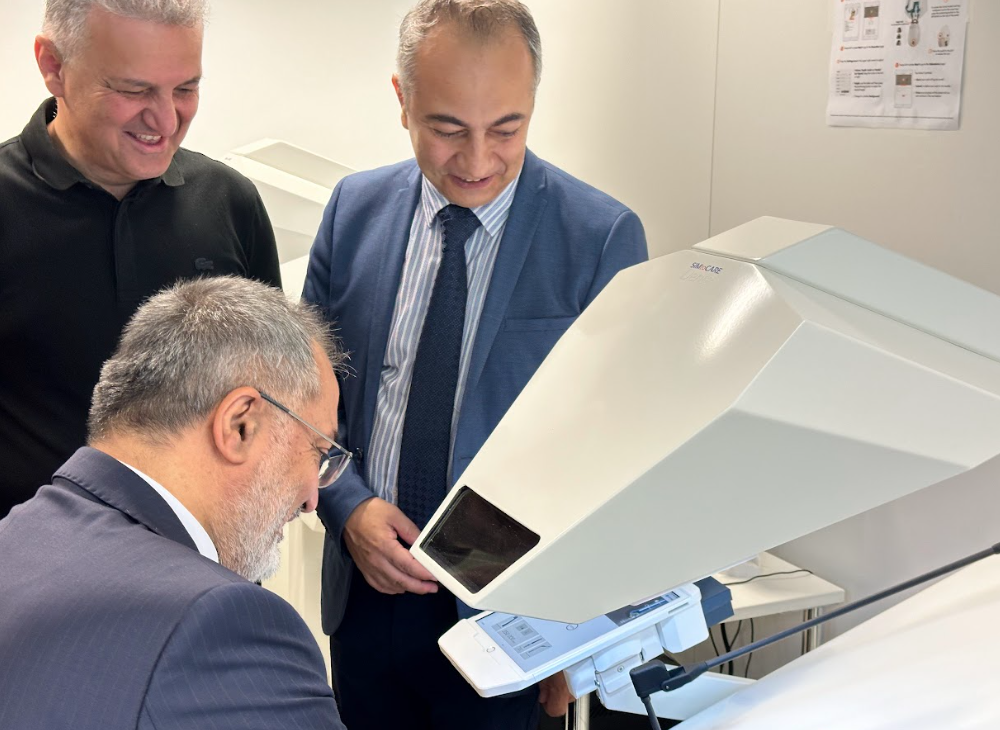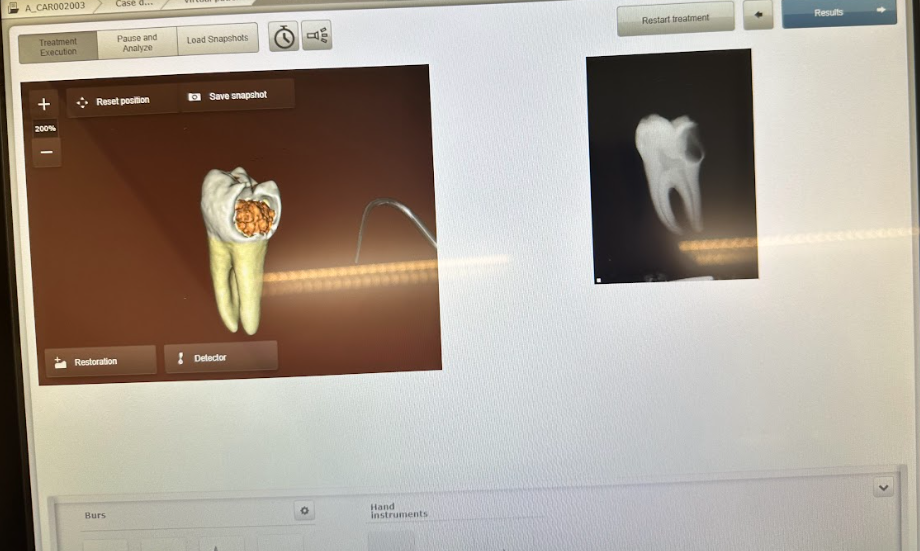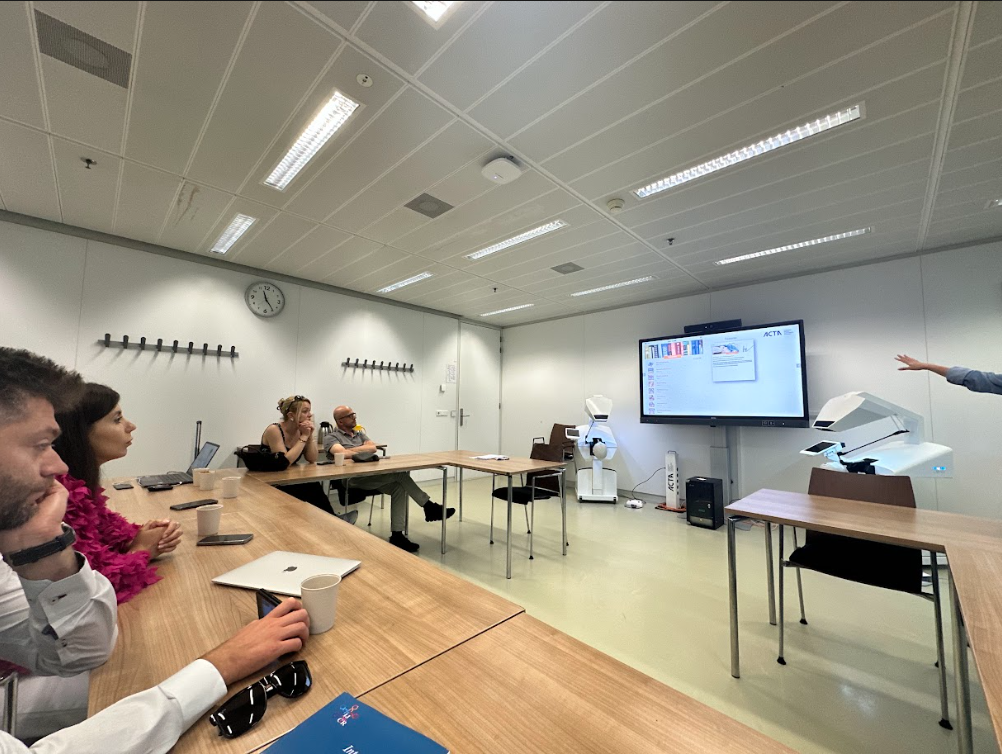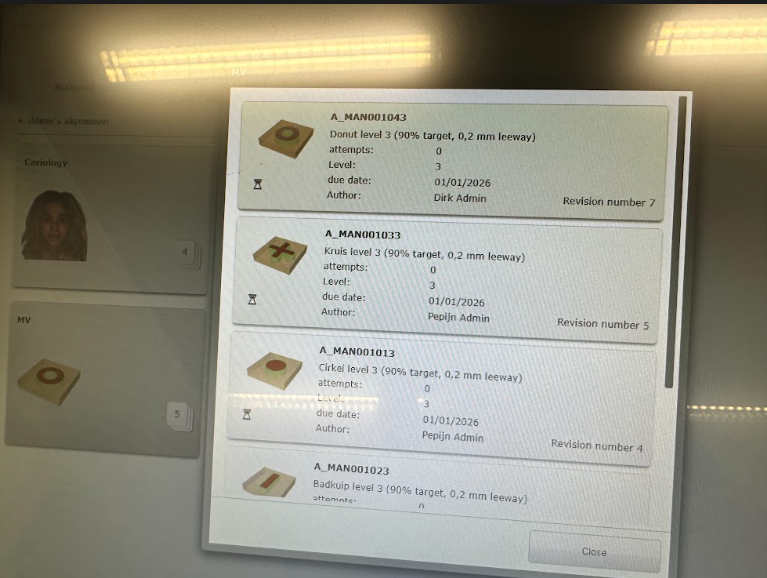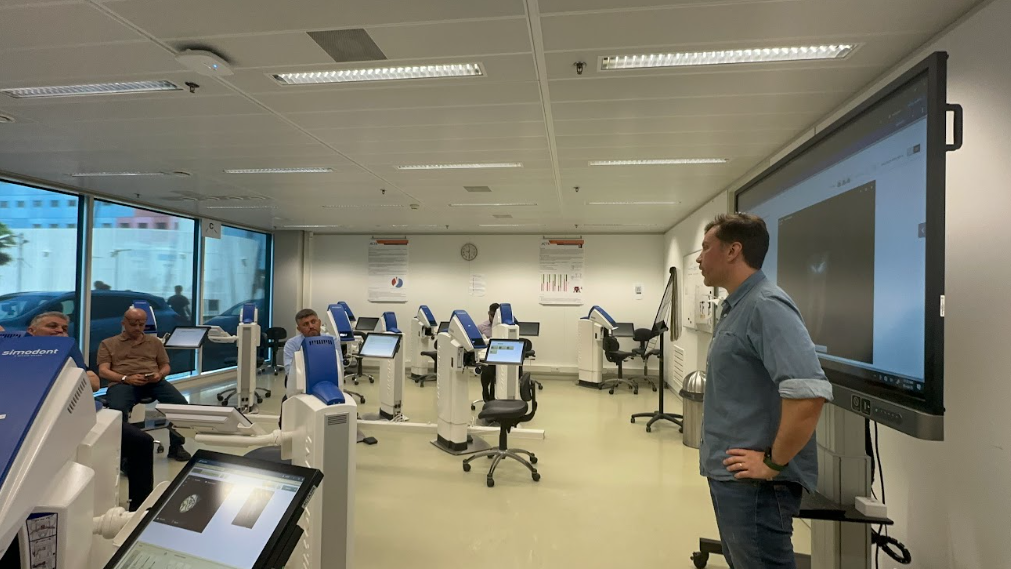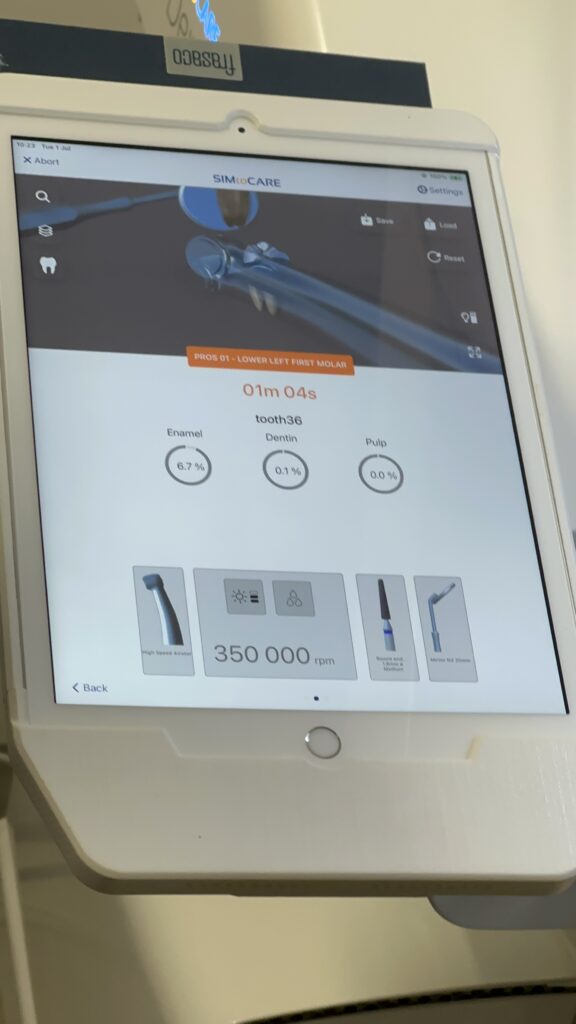CDHVR Transnational Meeting in Amsterdam: Productive Discussions on Survey Evaluation and Curriculum Development
An international in-person meeting was held in Amsterdam, the Netherlands, from July 1-3, 2025, as part of the CDHVR (Curriculum Development in Clinical Dentistry with Haptic-Based VR Application) project. The meeting, hosted by ACTA (Amsterdam Academic Centre for Dentistry), was attended by project stakeholders from Turkey, Romania, and the Netherlands.
The agenda focused on a detailed evaluation of survey results collected from students and academic staff on the integration of VR and haptics in dental education. The ACTA Digital Dentistry Team also participated in the sessions to listen to the findings and contribute to the discussions.
Project coordinator Associate Prof. Mahmut Sertaç ÖZDOĞAN from Ankara Yıldırım Beyazıt University; Rector Prof. Dr. Ali Cengiz Köseoğlu; Secretary General Dr. Mümin Şen; and Research Assistant Özge Yıldız attended the meeting in person. Other participants included Prof. Ismail Sahin from the Academicians’ Union Association (Turkey); and Associate Prof. Representatives from project partners, including Dr. Harun Gokce, Dr. Oana Cucoveica, and Dr. Fuioaga Codrin from the Faculty of Dentistry of Apollonia University of Iași (Romania), were also present.
The meeting began with a warm welcome from Dr. Carlos M. Serrano, leader of the ACTA digital dentistry team. Dentist-Teacher Patricio Rodríguez and Dentist-Teacher María José Atenas demonstrated the simulation equipment and provided training. Carlos introduced the faculty’s educational infrastructure, including classrooms, computer labs, and the main auditorium. On the first afternoon, the project progress and next steps were reviewed in meetings with Prof. Dt. Fedde Scheele (Dean ACTA) and Prof. Dr. Jeroen Geurts (Rector Magnificus VU Amsterdam).
A key highlight was the hands-on demonstration of ACTA’s advanced dental simulation technologies, which were presented and explained in detail to all project partners. These sessions provided valuable insights into simulation-based educational methods and tools.
Productive, collaborative, and confidential discussions took place throughout the three-day meeting, in a spirit of openness and innovation. The dedication of all partners contributed to establishing a strong foundation for the upcoming curriculum development activities.
Participants left Amsterdam with renewed confidence and motivation, inspired by the successful collaboration and shared vision of transforming dental education through virtual reality and haptic technologies.
